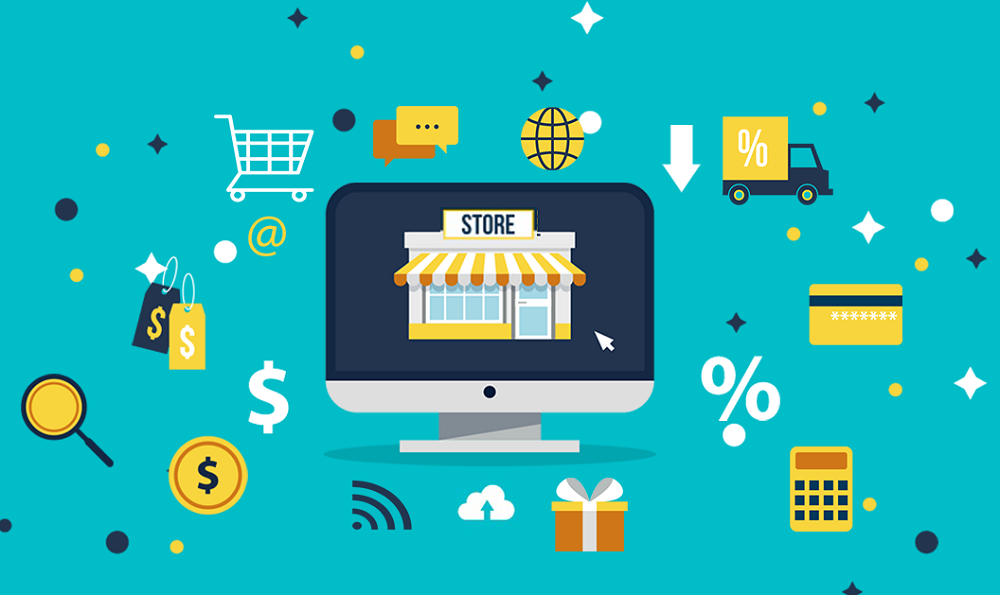The digital trajectory in Egypt has not yet reached the growth typically seen in European countries and the USA. However, as businesses have started to move online, customers are now following suit, resulting in the gradual development of the digital eco-system. Innovation, such as digital marketing, is reinventing the consumers’ path to purchase. The Egyptian e-commerce market is expected to grow at a rate of 33% annually to approximately $3bn by 2022, according to Oxford Business Group.
The increase in e-commerce comes from rising internet penetration rates, driven by connected and digitally savvy millennials. Several local and international platforms, such as the direct-to-consumer beauty platform Source Beauty, have disrupted the beauty industry in the region to drive their growth by truly connecting with their customers.
By being aware of the changing consumer behaviour trends in the e-commerce landscape, service providers like Source Beauty are continually fostering customer engagement with a community they have created. The customer service team, along with the editorial and marketing teams, respond to each comment and direct message, making customers feel listened to.
Lydia Schoonderbeek, the founder and CEO of Source Beauty, said: “Egypt has traditionally been a price-driven market. After devaluation and high inflation rates, people have become much more price sensitive. People are consuming less and are shifting away from imported products due to price, accessibility and inconsistency in supply. As a result, they’re looking for local alternatives.”
In line with its digital transformation and financial inclusion agenda, the Egyptian government has set in place directives to raise the limit for electronic payments for individuals via mobile phones to EGP30,000 (USD1,905) per day, and EGP100,000 (USD6,350) per month, since March 2020. Traditionally, 70% of online purchases were cash on delivery, which has proven to be a major challenge to e-commerce growth throughout the region. This preference has changed to credit card payments, increasing to 30% from 16% due to the spread of Covid-19, but it remains to be seen whether purchasing behaviours will be affected in the long term.
Schoonderbeek added: “Source Beauty has seen significant growth due to Covid-19, with existing and new customers wanting to limit in-person beauty services and adhering to social distancing and mask-wearing requirements. Beauty customers are changing their spending habits, gravitating towards products that allow them to recreate the salon experience at home and protect them from the potential impact of an increasingly digital lifestyle. Moreover, we have seen customers prioritizing skincare and haircare purchases over makeup.”
The question is, ‘Is anyone in Egypt going to buy beauty products online?’. Who thought people would buy books on the internet from a website called Amazon! Well, the answer seems to be yes. Consumer spending in Egypt on non-essential goods has reached EGP 3.90bn in 2020 and is set to reach 8.81bn in 2021, according to FitchSolution’s 2021 Report.
Source Beauty believes that we’re in an era where people are looking to connect with brands, not products, to make beauty purchasing decisions. This is where homegrown brands will undoubtedly contribute to the Egyptian economy’s growth.




